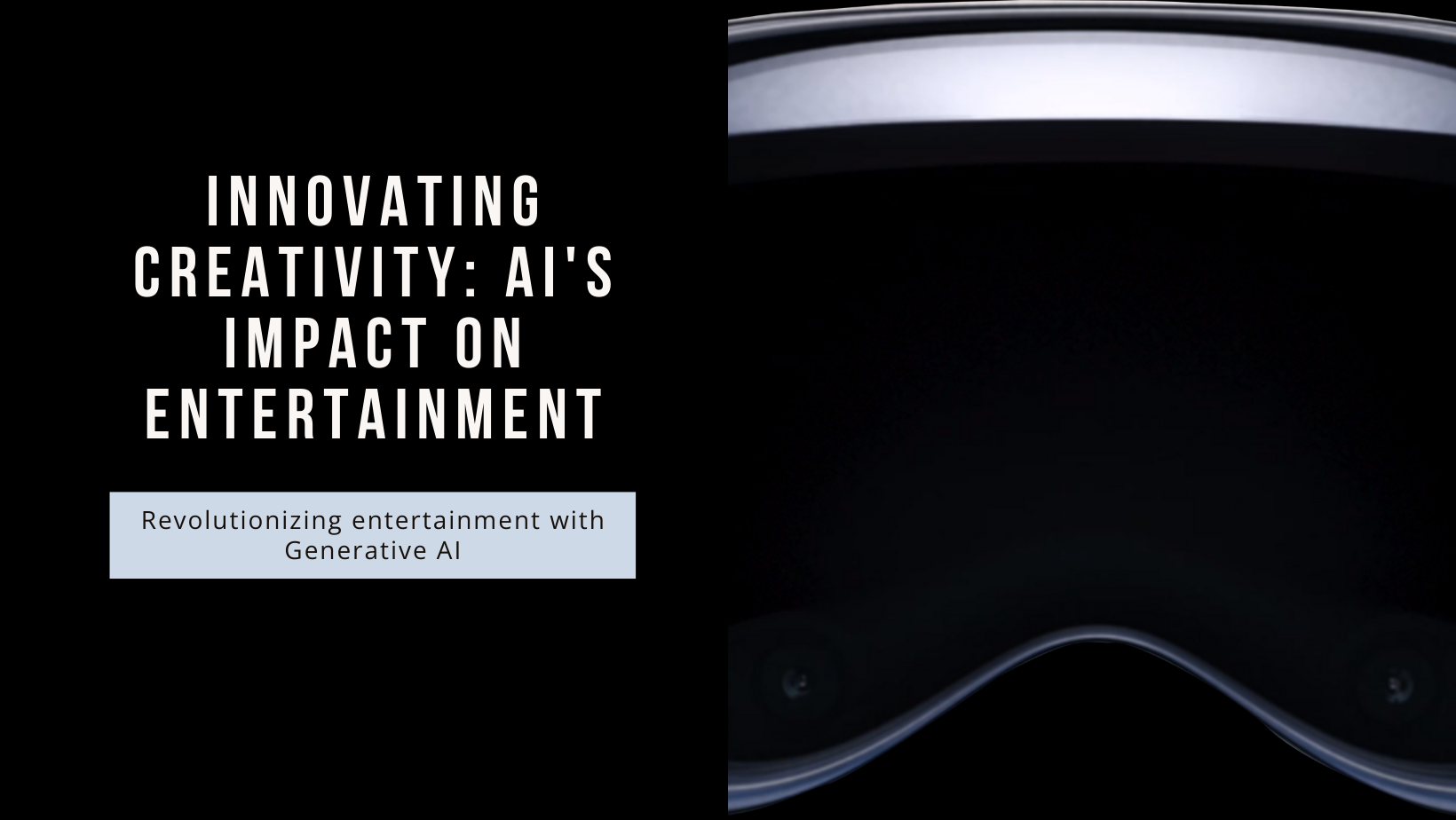Introduction: Artificial Intelligence (AI) is transforming the landscape of marketing by enabling brands to leverage data-driven insights, personalize customer experiences, and optimize marketing strategies with unprecedented precision. From predictive analytics to automated customer interactions, AI technologies are reshaping how businesses engage with their audiences and drive growth. This blog explores the transformative impact of AI on marketing, highlighting key applications, benefits, and future trends in the industry.
The Role of AI in Marketing: AI empowers marketers to harness vast amounts of data, automate repetitive tasks, and make informed decisions that drive targeted campaigns and enhance customer engagement. By leveraging machine learning algorithms and natural language processing (NLP), AI enables marketers to analyze consumer behavior, predict trends, and deliver personalized experiences across various channels. The following sections delve into how AI is revolutionizing different facets of marketing.
1. Data-Driven Insights and Predictive Analytics: AI-driven predictive analytics empower marketers to anticipate customer preferences, forecast trends, and optimize marketing strategies in real time. Machine learning algorithms analyze historical data, identify patterns, and generate actionable insights that inform personalized marketing campaigns. Predictive modeling techniques predict customer behavior, purchase intent, and lifetime value, enabling marketers to segment audiences effectively and tailor messaging to individual preferences.
2. Personalization at Scale: AI technologies enable hyper-personalization by creating tailored experiences based on individual preferences, behaviors, and demographics. Natural language processing algorithms analyze customer interactions, sentiment, and intent to deliver relevant content recommendations, product suggestions, and personalized offers in real time. AI-powered chatbots and virtual assistants provide personalized customer service, answer inquiries, and streamline sales processes, enhancing customer satisfaction and loyalty.
3. Enhanced Customer Engagement and Experience: AI enhances customer engagement by automating personalized interactions, optimizing content delivery, and improving responsiveness across digital touchpoints. AI-powered chatbots and conversational AI platforms engage customers in natural language conversations, resolve queries, and guide purchasing decisions seamlessly. Sentiment analysis algorithms monitor social media conversations and customer feedback, enabling brands to proactively address issues, mitigate crises, and foster positive brand perceptions.
4. Marketing Automation and Campaign Optimization: AI-driven marketing automation streamlines workflows, automates routine tasks, and optimizes campaign performance across channels. AI algorithms automate email marketing, ad targeting, and content scheduling based on user behavior and preferences, maximizing reach and conversion rates. Automated A/B testing and optimization tools analyze campaign performance metrics, adjust strategies in real time, and allocate resources efficiently to achieve marketing goals.
5. Voice Search Optimization and SEO Strategies: AI-powered voice search optimization transforms SEO strategies by adapting content and keywords to conversational queries and voice-enabled devices. Natural language understanding (NLU) algorithms interpret user intent, optimize website content for voice search, and improve search engine rankings for long-tail keywords and localized queries. AI-driven SEO tools monitor search trends, analyze competitor strategies, and recommend actionable insights to enhance visibility and drive organic traffic.
6. Cross-Channel Attribution and ROI Measurement: AI facilitates cross-channel attribution by tracking customer journeys across multiple touchpoints, attributing conversions to specific interactions, and measuring the impact of marketing efforts on revenue generation. Machine learning algorithms analyze attribution models, optimize marketing spend allocation, and identify high-performing channels for maximizing return on investment (ROI). Real-time dashboards and predictive analytics tools provide marketers with actionable insights to refine strategies, allocate resources effectively, and achieve measurable business outcomes.
Future Trends and Innovations: Looking ahead, the future of AI in marketing holds immense potential for innovation and growth. Advancements in AI technologies such as augmented analytics, predictive customer analytics, and autonomous marketing platforms are expected to further enhance marketing efficiency, personalization capabilities, and customer-centricity. As AI continues to evolve, marketers will continue to explore new opportunities to leverage AI-driven insights and technologies to stay ahead in a competitive marketplace.
Conclusion: In conclusion, AI is revolutionizing marketing by enabling data-driven decision-making, personalized customer experiences, and automated campaign optimization. By harnessing the power of AI technologies, businesses can enhance customer engagement, drive revenue growth, and maintain a competitive edge in an increasingly digital and dynamic market environment.







